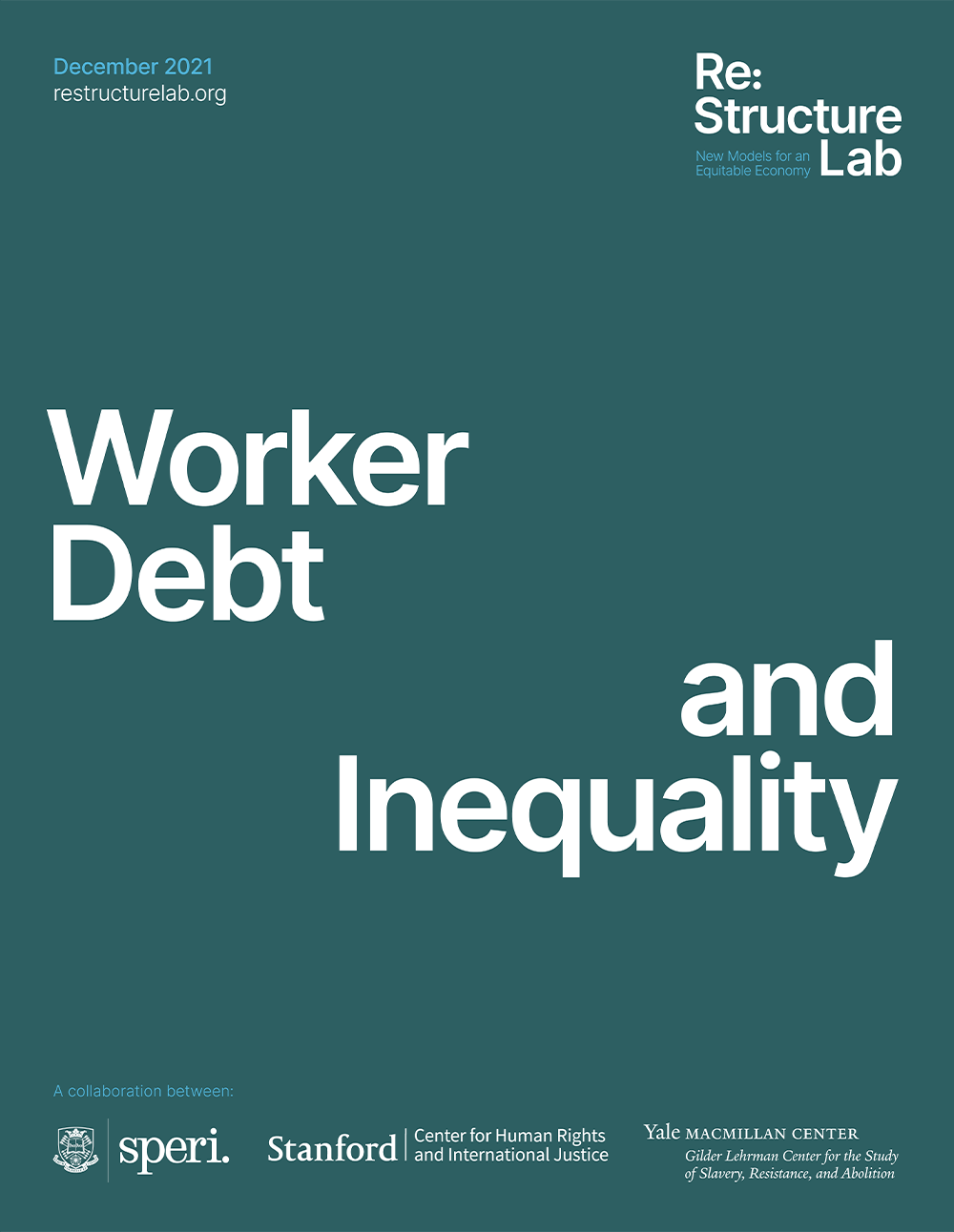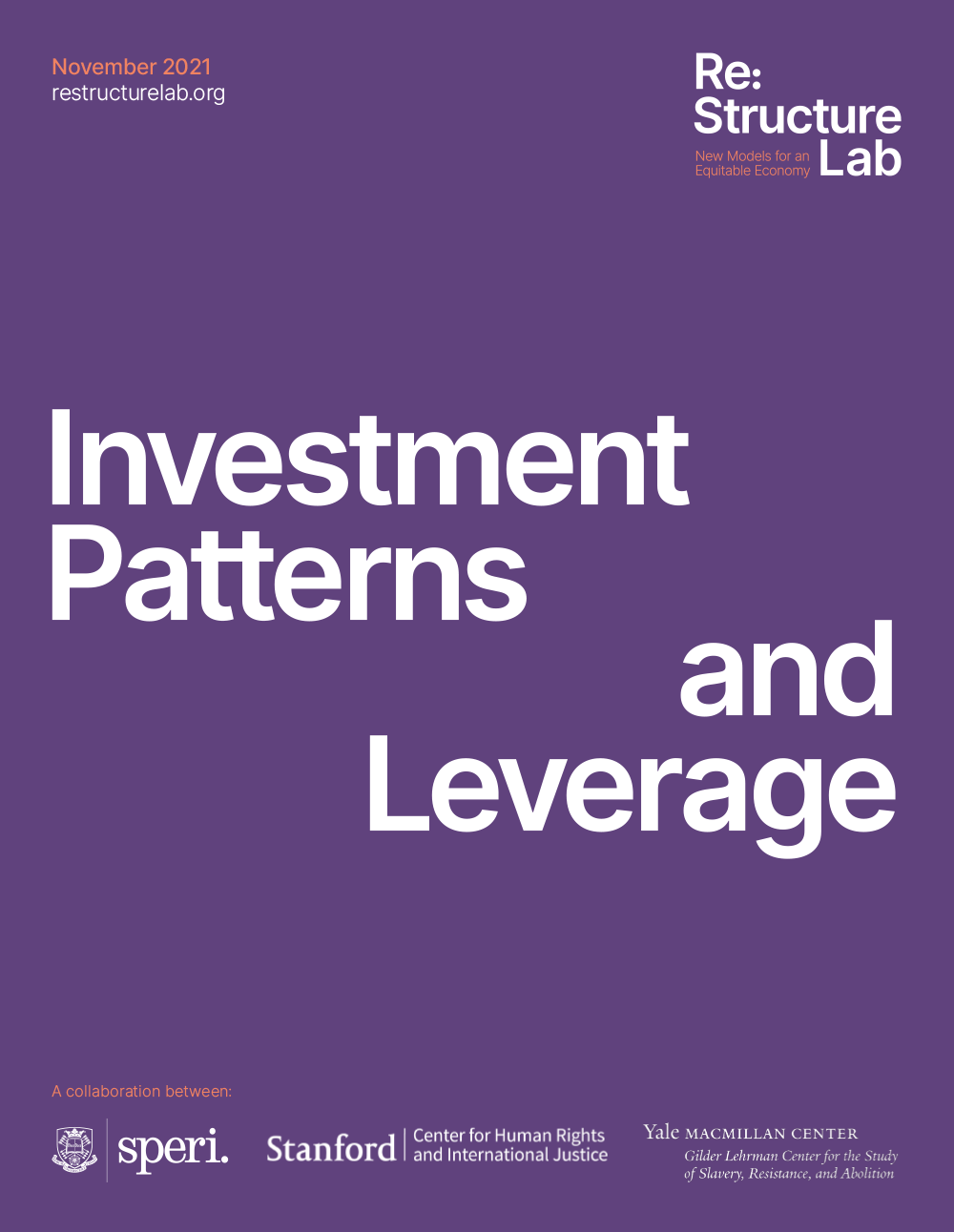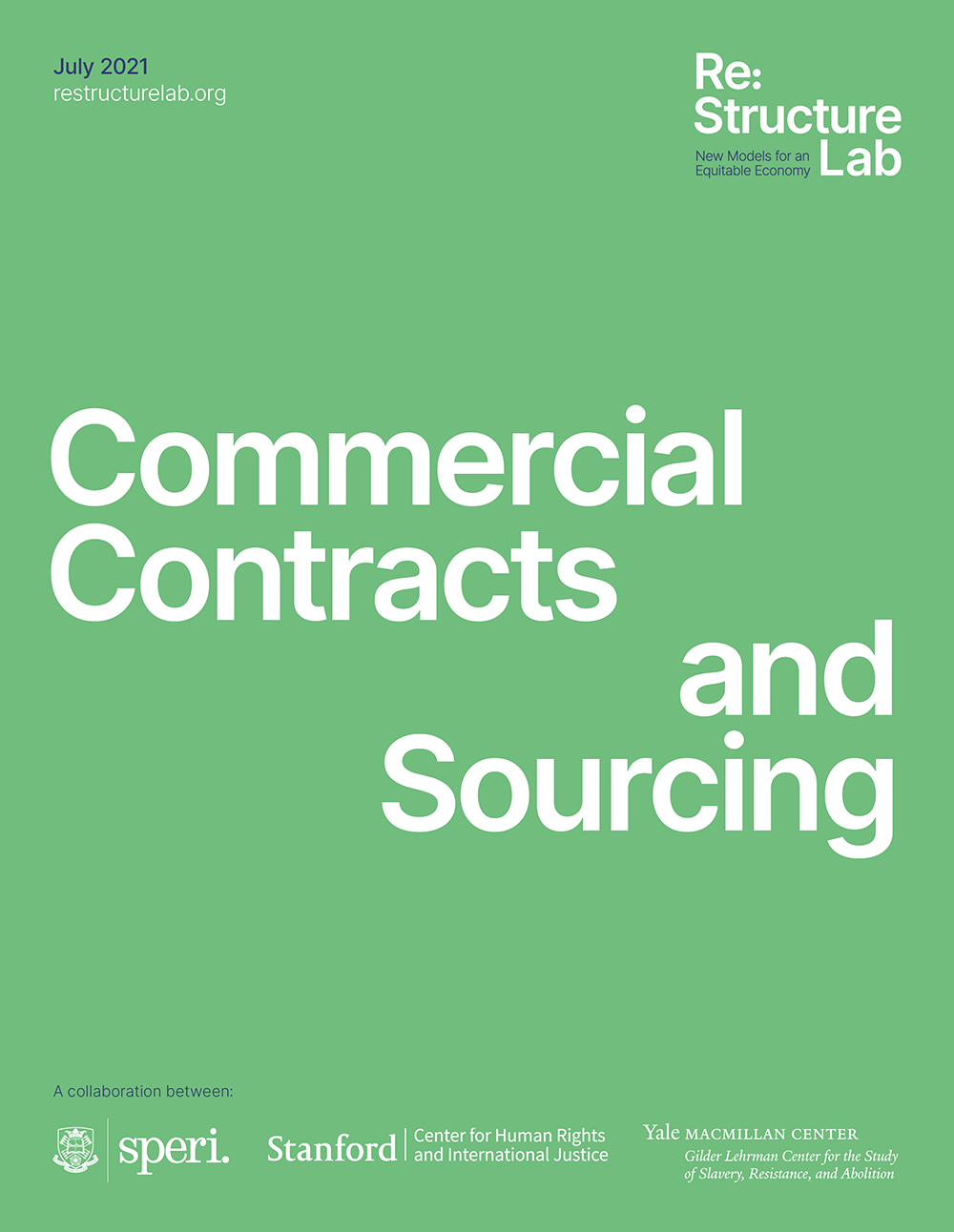Policy Briefs
These briefs seek to feed learnings from the academic literature directly into ongoing debates about how practical reforms to business models and supply chains can be achieved.
Import Bans
Forced labor import bans are increasingly viewed as an important regulatory mechanism to address labor standards in global supply chains. However, there is little information on how these import controls affect the workers who produce the impacted goods or how they interact with other initiatives addressing labor exploitation, such as Worker-Driven Social Responsibility agreements. This brief examines interactions between the Dindigul Agreement and a U.S. forced labor import ban to illustrate some shortcomings in the current design and operation of such trade policies.











